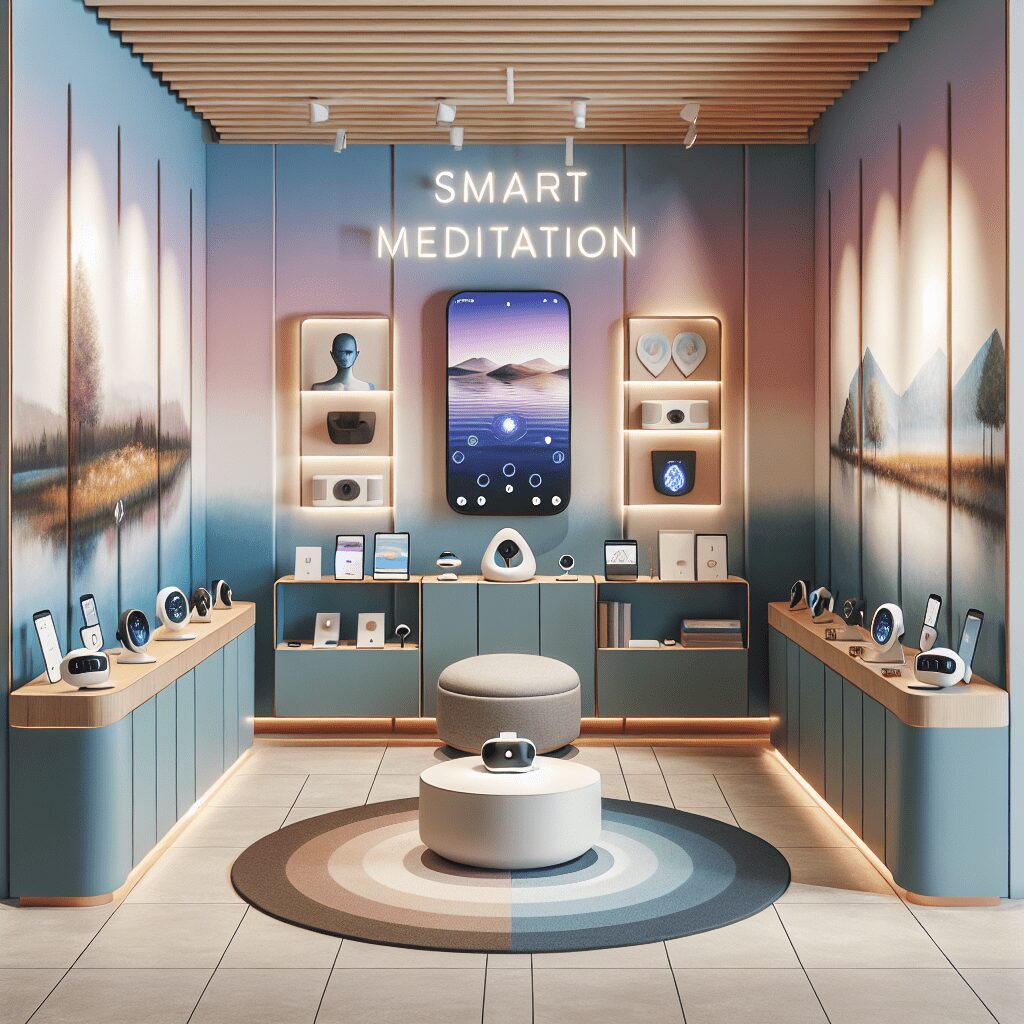
Prioritize your mental well-being daily. Enhance your life by nurturing your mental health with the Smart Meditation app. Break free from stress, alleviate anxiety, and enhance your sleep quality starting today.
Can Vivid Imagination Lead To Anxiety?
Unraveling the Connection: Vivid Imagination and Anxiety
Have you ever found yourself lost in a thought so deep that it felt almost real? For those gifted with a vivid imagination, this is a frequent flyer miles’ experience, journeying into realms both exhilarating and terrifying without leaving the comfort of their couch. But here’s the million-dollar question: Could this powerful imagination be a double-edged sword, especially when it comes to anxiety?
The Mind’s Eye: A Blessing or a Curse?
A vivid imagination is like owning a sports car. It’s thrilling, it can take you places quickly, and it’s great at impressing friends. However, just as a high-octane ride requires skill to control, so does a racing mind. Without a seasoned driver behind the wheel, you might just find yourself in a ditch. Let’s break it down.
The Pros:
- Creative Outlets: Those with a vivid imagination often excel in creative fields. They’re the storytellers, the inventors, the artists painting life in hues unseen by the common eye.
- Problem-Solving Skills: Imaginative folks are great at thinking outside the box. Give them a problem, and they’ll flip it, twist it, and present solutions you hadn’t even dreamt of.
The Cons:
- Worry Wars: Here’s where things get dicey. A mind that can imagine fantastic scenarios can also concoct fearsome ones. Cue the anxiety.
- Sleepless in Imagination Land: Ever tried falling asleep with your brain performing a Broadway show? Not easy. Vivid dreamers often struggle with insomnia, a not-so-fun fact that can crank up anxiety levels.
The Anxiety Imagination Nexus
Let’s delve deeper. Research suggests that those with vivid imaginations can more effectively simulate future events—both positive and negative. While this “mental time travel” can be useful, it often leans heavily towards simulating threats and worst-case scenarios, priming the individual for anxiety.
“Anticipatory anxiety,” a term as fancy as it sounds unsettling, describes this phenomenon. It’s like your brain’s running rehearsals for disasters that are unlikely to bag an invite to your life’s party. Anxiety, meet imagination; imagination, meet anxiety.
Steering the Ship: Harnessing Imagination for the Good
So, is it all doom and gloom for the imaginatively endowed? Far from it. Here’s the kicker: Just as imagination can feed anxiety, it can also starve it. The trick lies in taking control of your mental narratives.
Cognitive Behavioral Therapy (CBT):
This is a lifeline for those caught in their imaginations. By identifying and challenging negative thought patterns, individuals can rewrite the scripts their minds play on loop.
Mindfulness and Meditation:
Ever tried mindfulness meditation? It teaches you to observe your thoughts rather than get lost in them—a handy tool when your brain’s churning out anxiety-inducing fiction.
Creative Expression:
Channeling imagination into creative pursuits provides an outlet for those swirling thoughts. It’s like turning the mind’s chaos into art or solving complex problems.
Wrapping It Up with a Bow
In essence, a vivid imagination is both a playground and a battleground. It holds the keys to realms of infinite possibility but also harbors paths that can lead into the shadows of anxiety. Recognizing this double-edged sword and learning to wield it responsibly can transform it from a source of strife into a wellspring of strength. So, nurture your imaginative prowess, but remember to pilot it with mindfulness. After all, in the theater of the mind, you’re both the director and the star.





